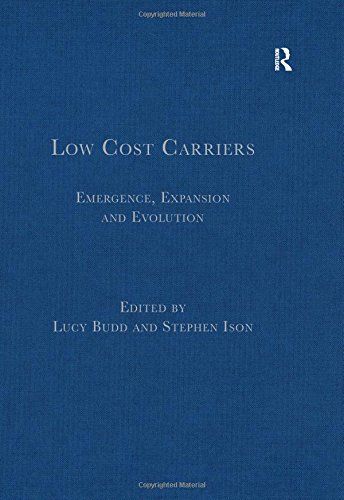
Low Cost Carriers Emergence, Expansion and Evolution
Low cost carriers (LCCs) represent one of the most exciting and dynamic yet often contentious developments in recent commercial aviation history. Formed as a direct result of policies of airline deregulation and liberalisation that were initiated in the United States in the late 1970s before being implemented in certain European, Australasian, Latin American and other world markets from the mid-1990s onwards to encourage competition, LCCs have been responsible for progressively reconfiguring the spatial patterns, operational practices and passenger experiences of flight. In the process, they have enabled growing numbers of people to fly to more places, more frequently, and at lower cost than had been previously possible. In so doing, however, they have generated a number of socio-economic and environmental challenges. The 23 essays included in this volume provide a detailed insight into the emergence, expansion and evolution of the low cost carrier sector worldwide. The volume covers deregulation and liberalisation of the global airline sector, the business models and operating characteristics of low cost carriers, the changing nature of the airline/airport relationship, LCC network characteristics, issues of pricing and competition and the current impacts and likely future trajectories.